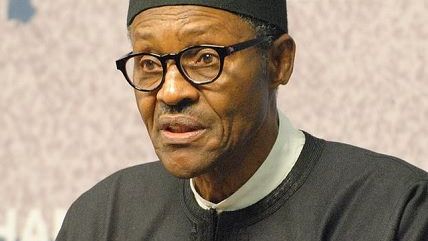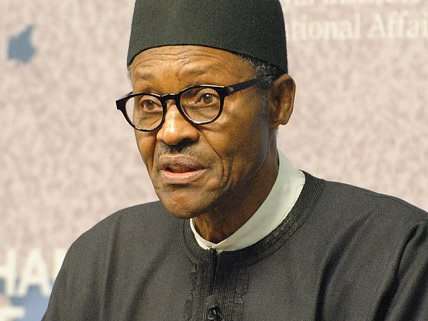Former Military Dictator Muhammadu Buhari Wins Presidential Election in Nigeria
Led a coup in 1983, was overthrown in one in 1985, has been running for president since 2003.


Muhammadu Buhari, who ruled Nigeria for two years after taking over in a military coup in 1983, has won Nigeria's presidential election in a landslide, defeating the incumbent Goodluck Jonathan, who has presided over his country as the Islamist group Boko Haram takes control of chunks of the north.
The 2015 campaign was Buhari's fourth consecutive foray into presidential politics. He's been running for president since 2003, often running against incumbents on a platform of anti-corruption (a favorite theme of challengers not yet in power). Buhari's political ideology while he ruled Nigeria has been termed "Buharism" and described by some political commentators as a brand of anti-global capitalist nationalism or even fascism.
In the year and a half he ruled Nigeria, Buhari undertook an economic campaign to cut spending to match resources, root out corruption, lower dependence on public sector employment, and increase tariffs on imports. Unsurprising for a military government, Buhari's regime was also responsible for rampant human rights abuses. The Buhari regime exploited a law permitting long-term detention for people considered "security threats" and formed the National Security Organization, a secret police service. He used the powers of an authoritarian state to jail allegedly corrupt government officials without trial. Buhari was overthrown in another coup in 1985.
The first democratic elections for president since 1983 were held in 1993, but the results were annulled by another military coup. Presidential elections resumed on a four year schedule in 1999. The 2015 election represents the first time since then the People's Democratic Party has lost.
